Results
-
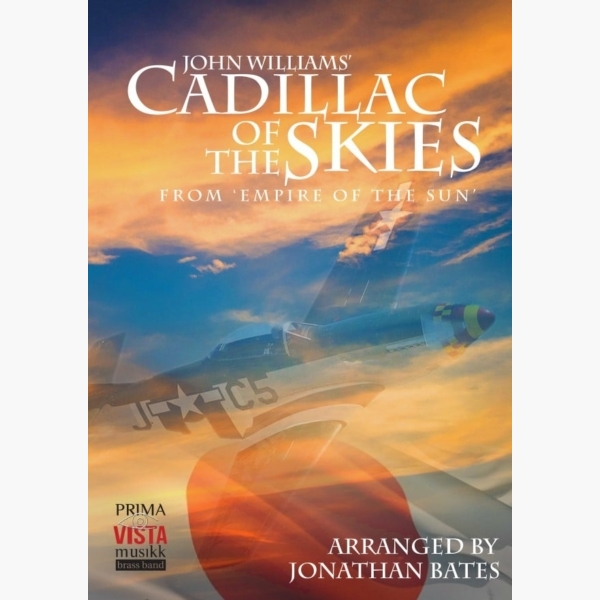 £29.95
£29.95Cadillac of the Skies - John Williams - Jonathan Bates
Cadillac of the Skies is taken from the score of the 1987 film Empire of the Sun, by John Williams. As Jim, played by a young Christian Bale, watches in amazement as a P-51 aircraft attacks the camp where he...
Estimated dispatch 5-7 working days
-
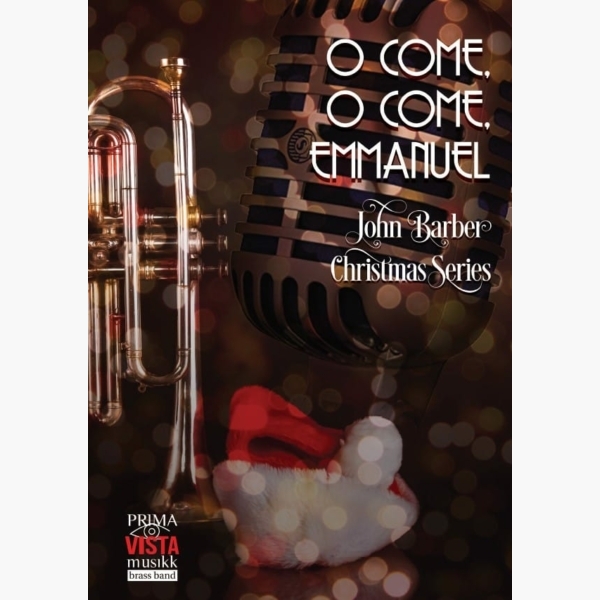 £24.95
£24.95O Come, O Come, Emmanuel - 15th Century French Traditional - John Barber
O Come, O Come, Emmanuel is a Christian Hymn for Christmas and is a translation of the Latin hymn, Veni, Veni, Emmanuel with the origins of the text stretching back as far as at least the 15th Century. In this...
Estimated dispatch 5-7 working days
-
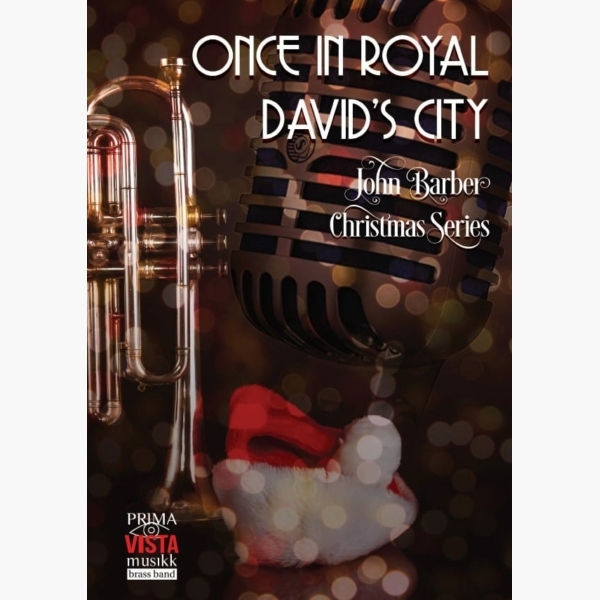 £24.95
£24.95Once in Royal David's City - John Henry Gauntlett - John Barber
Originally written as a poem by Cecil Frances Alexander and published as a carol in 1848, Once in Royal David's City has been part of the Festival of Nine Lessons and Carols at Kings College Chapel Cambridge since 1919. This...
Estimated dispatch 5-7 working days
-
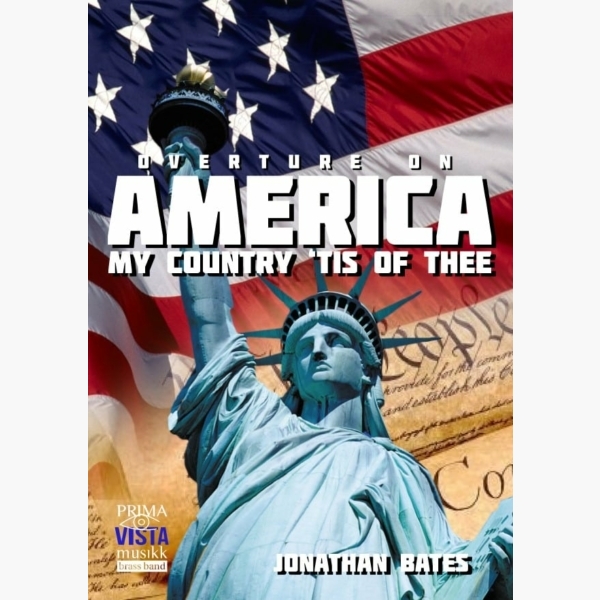 £34.95
£34.95Overture on America - Jonathan Bates
This Overture is based on the patriotic American song America (My Country 'Tis of Thee). It is very much a 'messed up' take on the song and goes as wildly different from the well-known original as possible. Much of the...
Estimated dispatch 5-7 working days
-
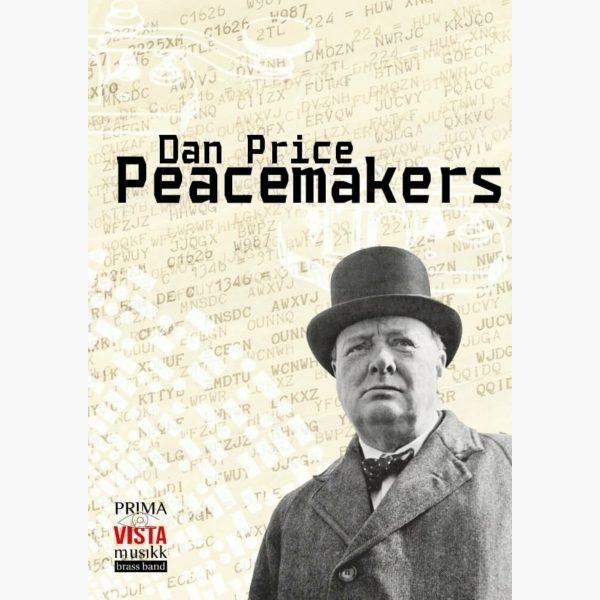 £34.95
£34.95Peacemakers - Dan Price
Peacemakers was composed for Robert Childs and the Grimethorpe Colliery Band. It received its world premiere on November 17th 2014 at The Sage and concluded their winning 'Brass in Concert' program, 'Lest We Forget'. As well as commemorating the centenary...
Estimated dispatch 5-7 working days
-
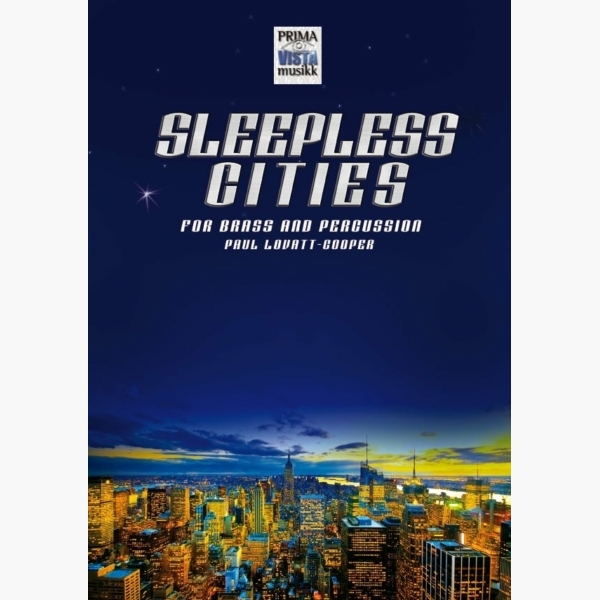 £64.95
£64.95Sleepless Cities - Paul Lovatt-Cooper
I have been very fortunate in my life to have visited many wonderful countries and places around the world as a musician, whether it is as a composer, performer, conductor, or soloist. From my experiences, I wanted to compose a...
Estimated dispatch 5-7 working days
-
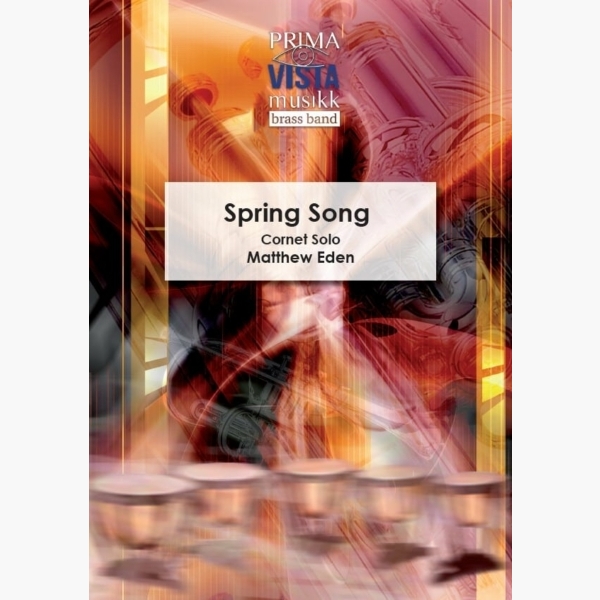 £24.95
£24.95Spring Song - Matthew Eden
Spring Song was among the very first of my compositions for brass band to be publicly performed. It was originally composed, not as a solo piece, but simply as a short work for band, for the 2014 Foden's Young Composer...
Estimated dispatch 5-7 working days
-
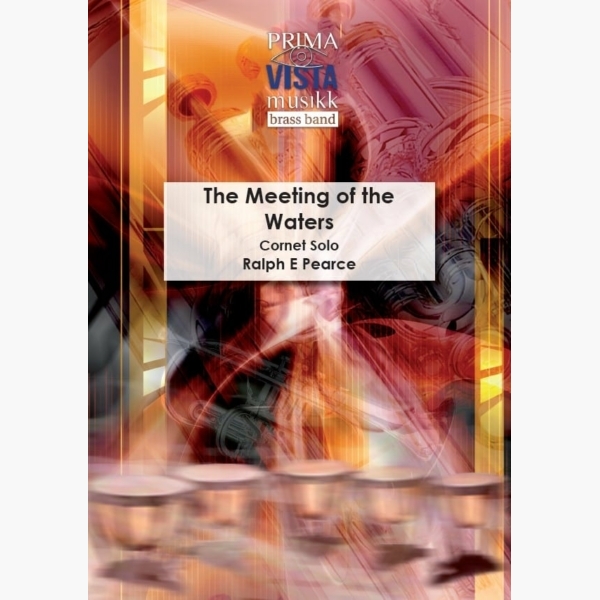 £24.95
£24.95The Meeting of the Waters - Ralph E Pearce
The Meeting of the Waters is a traditional Irish toasting song, which tells of the meeting of the two drinks as the toast is carried out. Ralph E. Pearce has skilfully adapted this beautiful and somewhat sentimental melody as a...
Estimated dispatch 5-7 working days
-
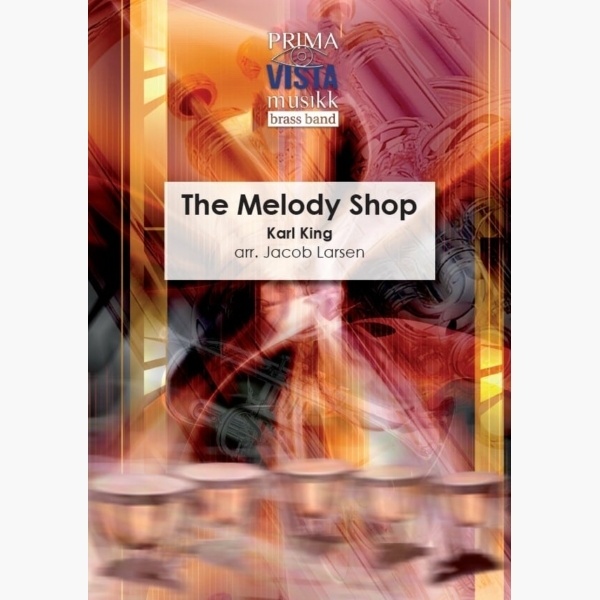 £24.95
£24.95The Melody Shop - Karl King - Jacob Larsen
Written in 1910, this circus march is one of Karl King's most popular marches. King had an illustrious career as a player, a bandmaster and most notably as a composer. Much of his composition was undertaken while he was working...
Estimated dispatch 5-7 working days
-
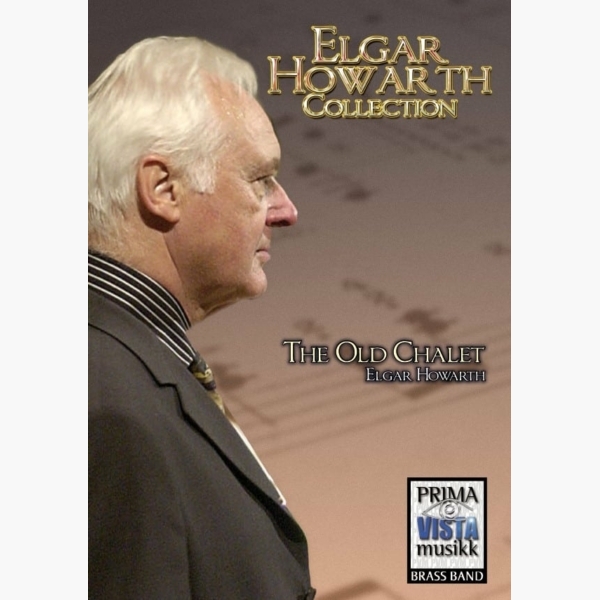 £24.95
£24.95The Old Chalet - Elgar Howarth
The Old Chalet began life as brass chamber music and featured as an encore in many concerts given by the legendary Philip Jones Brass Ensemble of which Howarth was a founder member. This ensemble frequently visited Switzerland because Philip Jones'...
Estimated dispatch 5-7 working days
